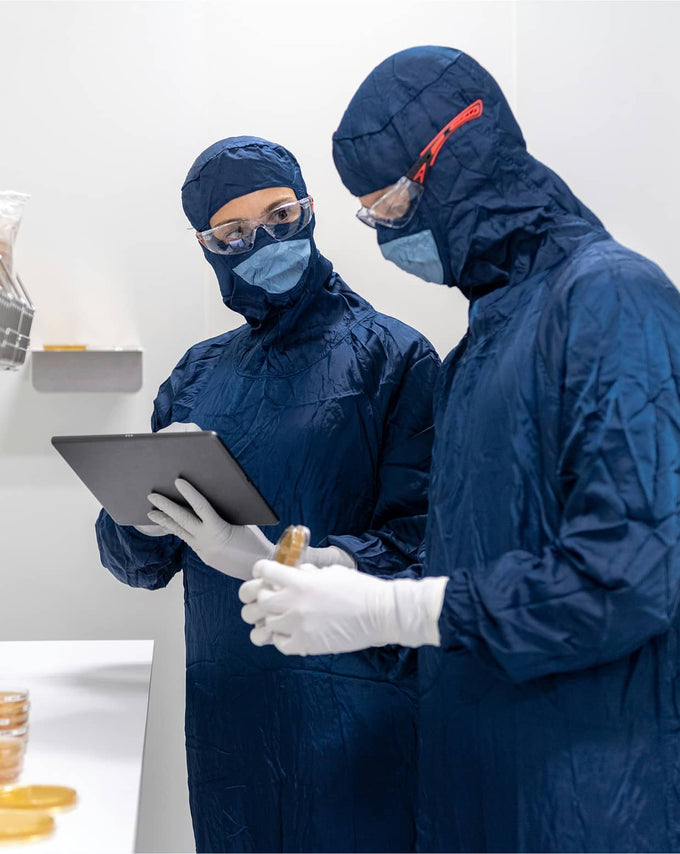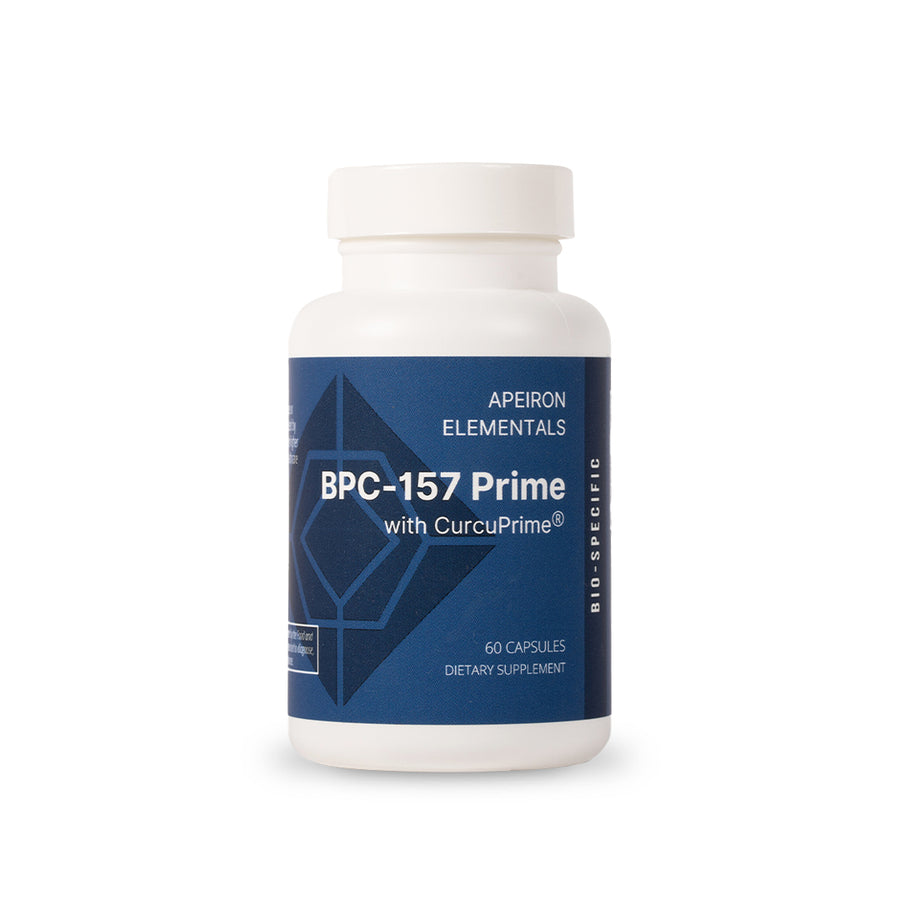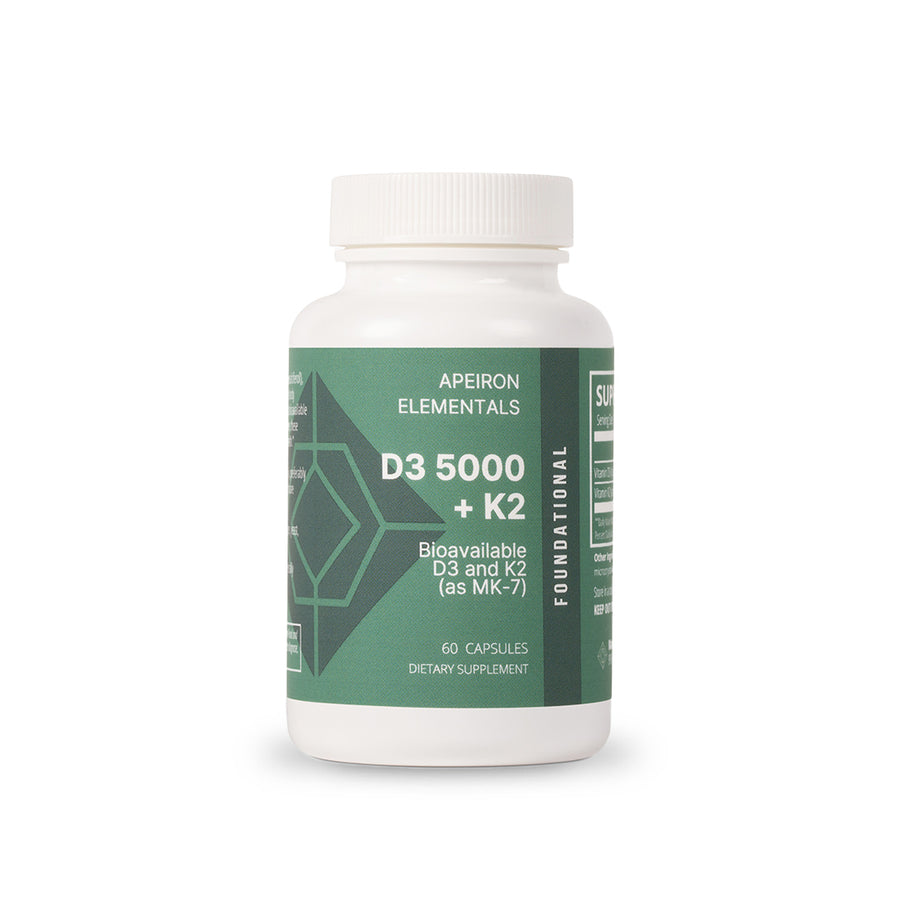
Featured Products
- Based in the USA 🇺🇸
- Physician backed & formulated.
- Manufactured in cGMP certified facilities.
- Third party lab tested peptides.
Shop By Category
Choose your focus and explore targeted formulas that deliver results.
Products You Can Trust
Four pillars to protect your health at every step.
Scientifically Supported
Premium
Ingredients
Physician
Formulated
Rigorous
Standards
APEIRON
(/əˈpaɪˌrɒn/; ἄπειρον)from ancient Greek meaning (that which is) unlimited; boundless; infinite; often describing the primordial substance from which all things come and return to.
What Customers Say After 30 Days
Average rating 4.8/5 from 61,000+ verified buyers.
Individual results vary. Statements not evaluated by the FDA.

The Apeiron Promise
Advancing well-being through rigor, not rhetoric. Every formula is tested, traceable, and transparent.
Every batch of product is rigorously tested, produced in FDA-registered & cGMP certified facilities, and traceable down to the lot number—so you can verify purity, potency, and safety.
Our formulas are grounded in scientific research and developed using the latest data to ensure effective and reliable results.
Supplements designed to support your physical and cognitive performance, long-term health, and overall vitality. Our purpose is to empower you to live a longer, healthier, and more vibrant life.
Developed by Doctors. Trusted by experts.
Longevity leaders Dr. Daniel Stickler and Dr. Mickra Hamilton aren’t just optimizing health.
Choose Your Solution
Explore options from each of our expertly designed wellness categories.
The Elementals Blog
Evidence-based guides for optimal performance and healthy living.
























































